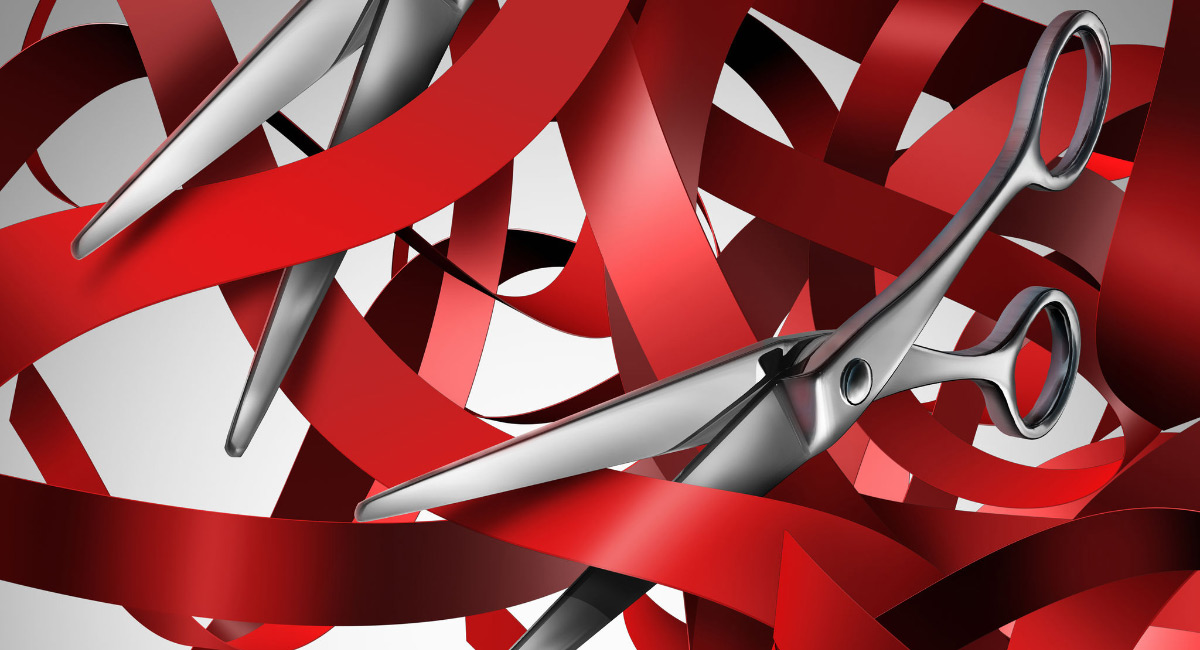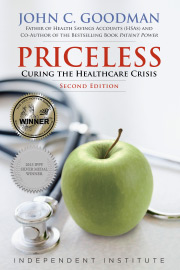Big national shocks invariably increase the role of government in our lives. World War I, World War II, the Cold War and every other war-like conflict seem to have provided one excuse after another for government to get bigger. Economic crises are no exception, as illustrated by the Great Depression and the Great Recession.
After each crisis ended, there was some inevitable backsliding as government spending and government power receded. But we never returned to pre-crisis levels. A perpetual “ratchet effect” seems to ensure that each crisis leaves government larger than it would have been absent the crisis.
As Chris DeMuth noted the other day in the Wall Street Journal, the coronavirus may prove an exception to the rule.
On the one hand, federal, state, and local governments are following the traditional pattern: spending money, passing laws, creating new regulations and imposing new restrictions. The spending numbers are staggering. The Congressional Budget Office estimates that this year’s federal budget deficit will be $3.7 trillion, with public debt projected at 101% of GDP. And that was before the "phase four" $484 billion relief package passed by Congress late last week.
On the other hand, these same governmental bodies are repealing laws, suspending regulations, and ignoring previous restrictions that impeded the ability of the private sector to act. They are liberating doctors, nurses, drug manufacturers, test makers, makers of personal protective equipment, etc., to do things that were illegal to do only a few months ago.












